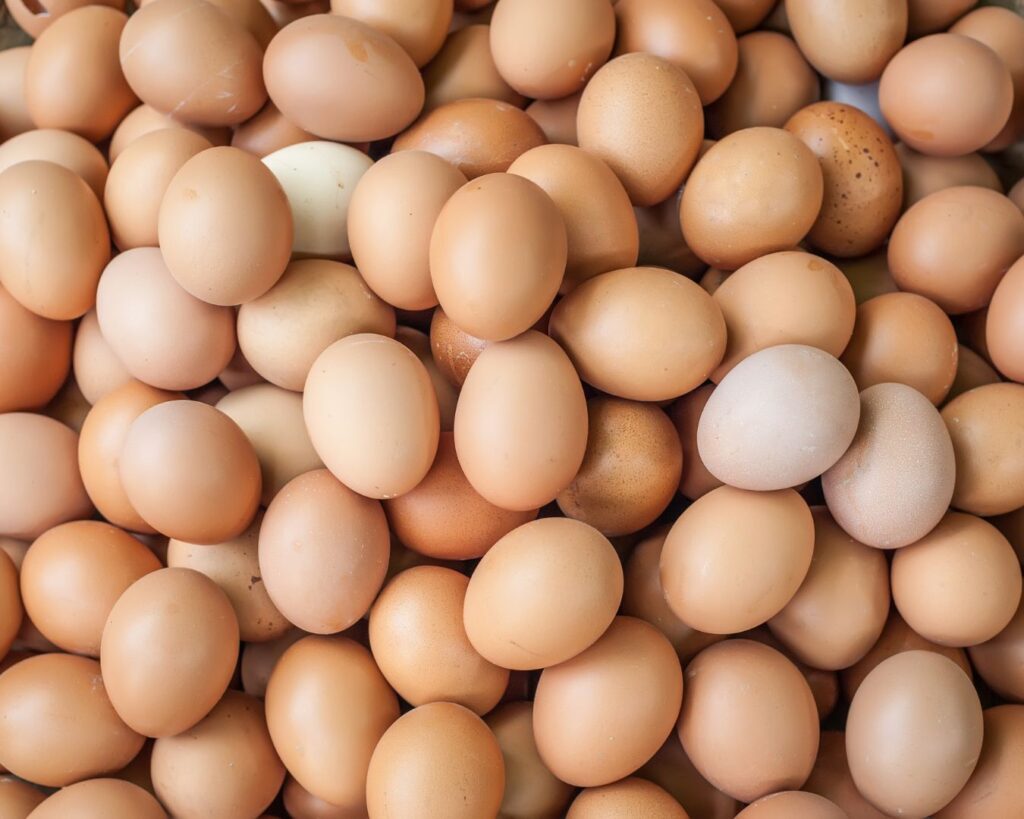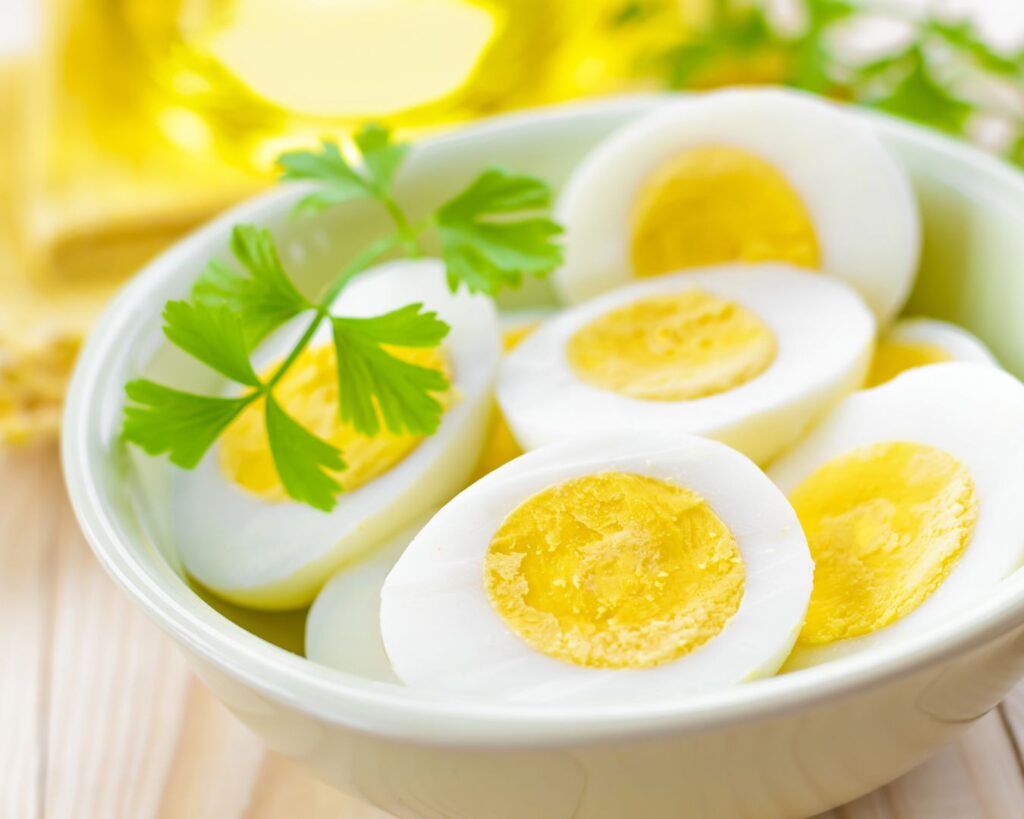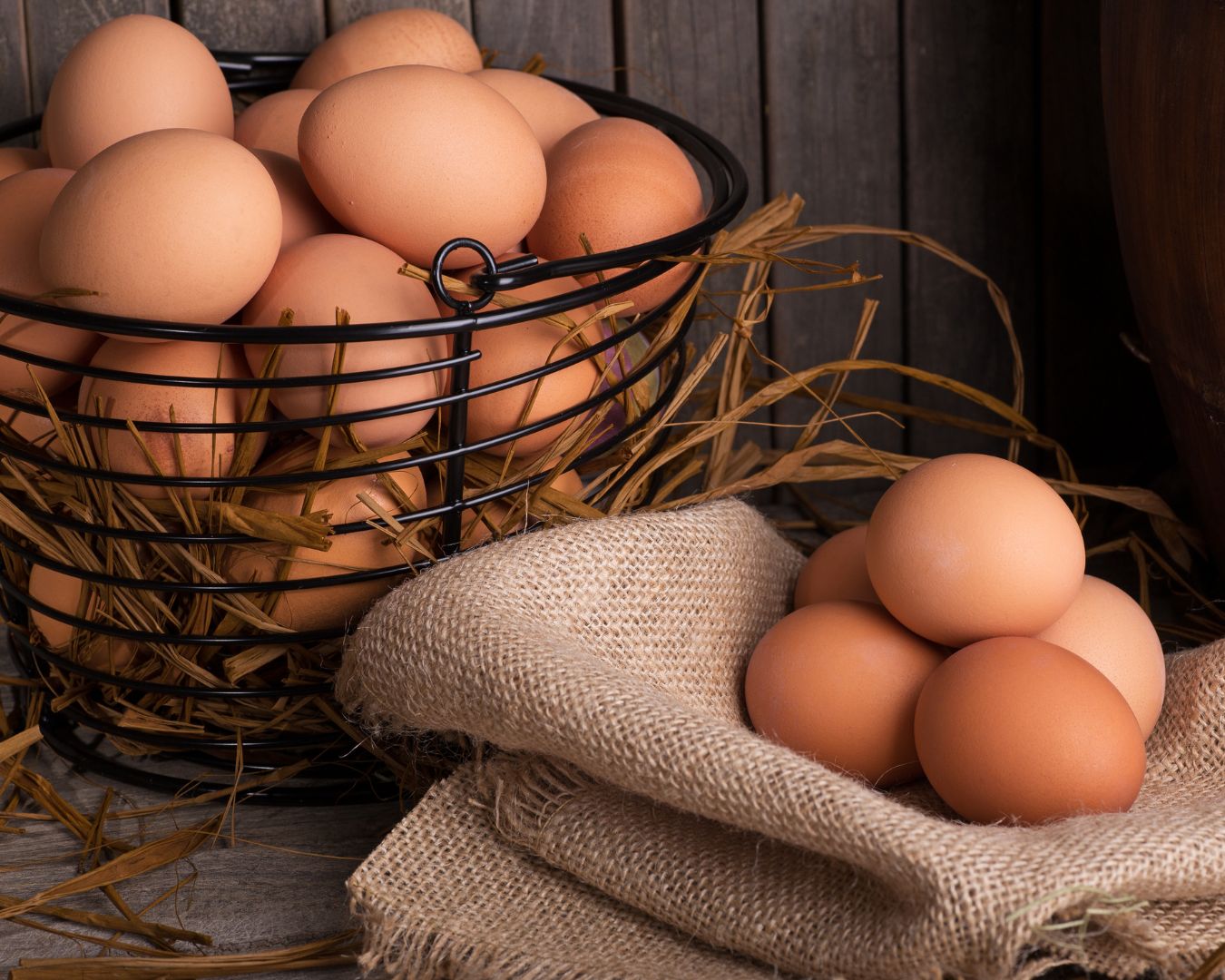How to Select and Store Eggs for Maximum Freshness
Eggs are a staple in many kitchens, valued for their versatility and nutritional benefits. Whether you’re baking, cooking, or enjoying them on their own, choosing the right eggs and storing them properly is crucial for maintaining their freshness and flavor. In this blog post, we’ll explore how to select the best eggs at the store and the best practices for storing them to ensure they stay fresh and safe to eat.

How to Select the Best Eggs
1. Check the Carton Date:
- Sell-By vs. Expiration Date: Look for the sell-by date or the expiration date on the carton. Eggs can often be consumed safely for several weeks after the sell-by date if stored properly, but it’s best to choose the freshest eggs possible.
- Julian Date: Some cartons may also have a Julian date, which is a three-digit number indicating the day of the year the eggs were packed (e.g., 001 for January 1). Choose eggs with a more recent Julian date for maximum freshness.
2. Inspect the Eggs:
- Cracks and Cleanliness: Open the carton and inspect the eggs for cracks or dirt. Eggs with cracked shells should be avoided as they can harbor bacteria. Also, check for clean shells; while minor stains may be acceptable, excessively dirty eggs should be passed over.
- Uniformity: Look for eggs that are uniform in size and color within the carton. While egg size (small, medium, large) is based on weight, choosing eggs of similar appearance can indicate consistency in quality.
3. Consider the Egg Size and Grade:
- Size Matters: Eggs come in different sizes, typically categorized as small, medium, large, and extra-large. The size you choose will depend on your cooking or baking needs. Large eggs are most commonly used in recipes.
- Egg Grades: Eggs are graded as AA, A, or B based on factors like shell quality, yolk condition, and egg white thickness. Grade AA eggs have the highest quality and are ideal for dishes where the appearance of the egg is important, such as poaching or frying.
4. Look for Specialty Eggs:
- Organic and Free-Range: If you prefer eggs from chickens raised in more natural conditions, consider organic or free-range eggs. These eggs come from hens that have been raised without synthetic pesticides, antibiotics, or cages, and they often have a richer flavor.
- Omega-3 Enriched: Some eggs are enriched with Omega-3 fatty acids, which can be a good option if you’re looking to boost your intake of these healthy fats.

How to Store Eggs for Maximum Freshness
1. Store Eggs in the Refrigerator:
- Keep Eggs Cold: Always store eggs in the refrigerator at a consistent temperature of 40°F (4°C) or below. This helps slow down the growth of bacteria and preserves the egg’s freshness.
- In the Carton: Store eggs in their original carton to protect them from absorbing strong odors and flavors from other foods in the fridge. The carton also helps prevent moisture loss and keeps the eggs from getting knocked around.
2. Place Eggs on a Middle Shelf:
- Avoid the Door: While many refrigerators have egg compartments in the door, it’s better to store eggs on a middle shelf. The temperature in the door can fluctuate due to frequent opening and closing, while the middle shelf offers a more consistent temperature.
3. Store Eggs Pointy End Down:
- Why It Matters: Storing eggs with the pointy end down helps keep the yolk centered and reduces the risk of the air cell moving, which can cause the egg to spoil faster.
4. Check for Freshness:
- Water Test: If you’re unsure about the freshness of your eggs, you can perform a simple water test. Place the egg in a bowl of water. Fresh eggs will sink to the bottom and lay flat, while older eggs will stand upright or float. Floating eggs should be discarded.
- Sniff Test: Another way to check an egg’s freshness is to crack it open and smell it. A fresh egg will have a neutral smell, while a bad egg will have a distinct sulfur-like odor.
5. Use Older Eggs for Baking:
- Best for Baking: Eggs that are a bit older (but still within their expiration date) can actually be better for baking, as they tend to whip up more easily and create more volume in recipes like meringues or soufflés.
6. Don’t Wash Eggs Before Storing:
- Natural Coating: Eggs have a natural protective coating, called the cuticle, that helps keep out bacteria. Washing eggs removes this coating, so it’s best to wait until you’re ready to use them before washing.
Selecting and storing eggs properly ensures that they remain fresh, safe, and delicious for all your culinary needs. By following these simple tips, you can make the most of your egg purchases, whether you’re making breakfast, baking a cake, or whipping up a batch of homemade mayonnaise. Remember to always check for freshness and store eggs at the correct temperature to enjoy their full flavor and nutritional benefits.

